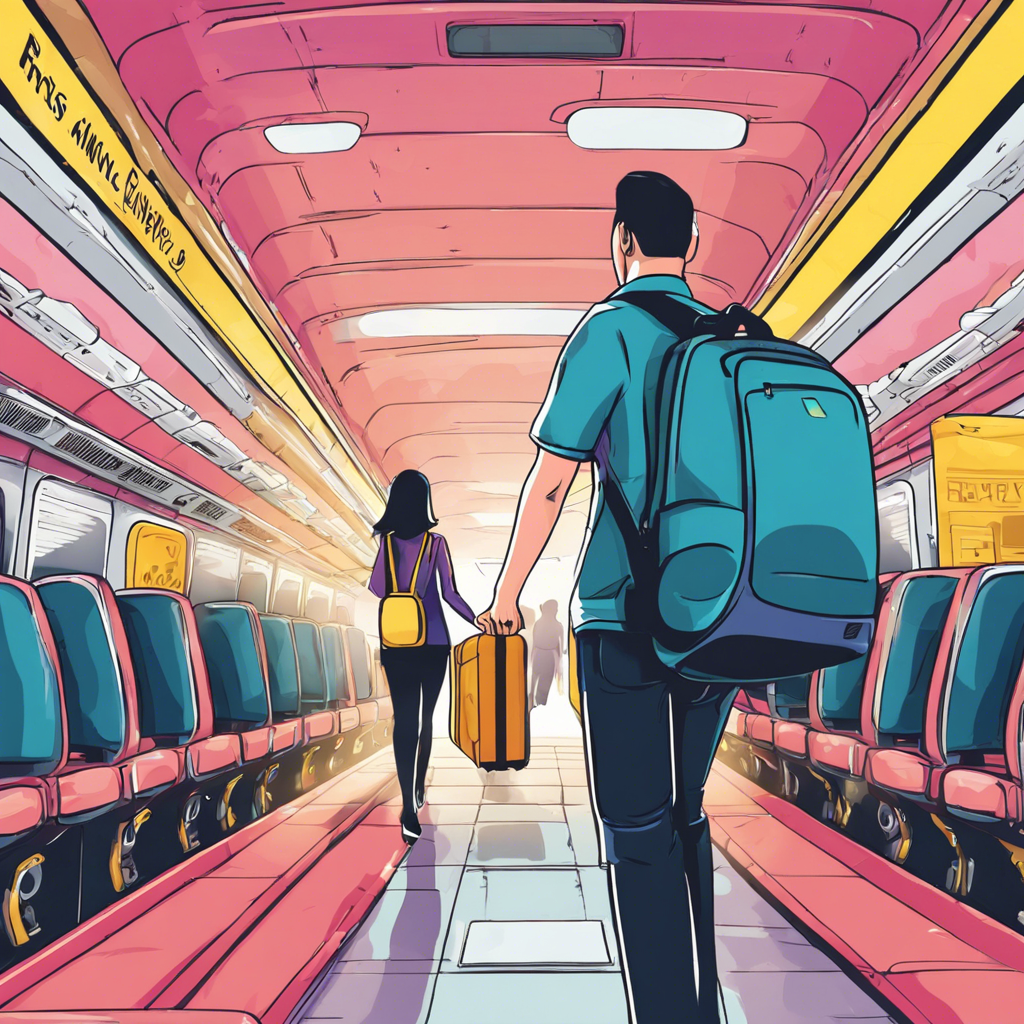With the COVID-19 pandemic still ongoing, many people are wondering if it is safe to travel at all. While there are certainly risks associated with travel, there are also ways to mitigate those risks and make informed choices. So, if you’re planning a trip during these uncertain times, here are some essential tips to help keep you and those around you safe.
First and foremost, stay up to date with the latest travel advice and guidelines from official sources such as the World Health Organization (WHO), the US Centers for Disease Control and Prevention (CDC), and your local health authorities. These organizations provide valuable information on infection rates, travel restrictions, and requirements, such as testing or quarantine, which vary from country to country. It’s also important to respect and adhere to local rules and regulations at your destination, even if they differ from your home country.
Consider the means of transportation you will be using and the associated risks. Air travel, for example, has its own set of guidelines and protocols, including mandatory mask-wearing and enhanced cleaning procedures. Research the policies of the specific airline you plan to fly with and be aware of any additional measures or requirements. If you’re traveling by car, plan regular breaks at less crowded areas and pack snacks and meals to reduce the need for frequent stops.
Choosing the right destination is crucial. Assess the COVID-19 situation at your desired location and consider places with lower transmission rates and robust safety protocols. Opt for less densely populated areas and outdoor attractions, which naturally allow for better social distancing. If you’re visiting a city, research which neighborhoods are less crowded, and consider staying in a vacation rental or booking an entire home through a platform like Airbnb, which can offer more privacy and space.
It’s also essential to be mindful of your health and the well-being of others while traveling. Wear a face mask, maintain physical distance where possible, and practice good hand hygiene. Carry hand sanitizer and disinfectant wipes, especially when accessing public spaces or using high-touch surfaces. Additionally, try to avoid touching your face, and cover your mouth and nose with your elbow or a tissue if you sneeze or cough.
